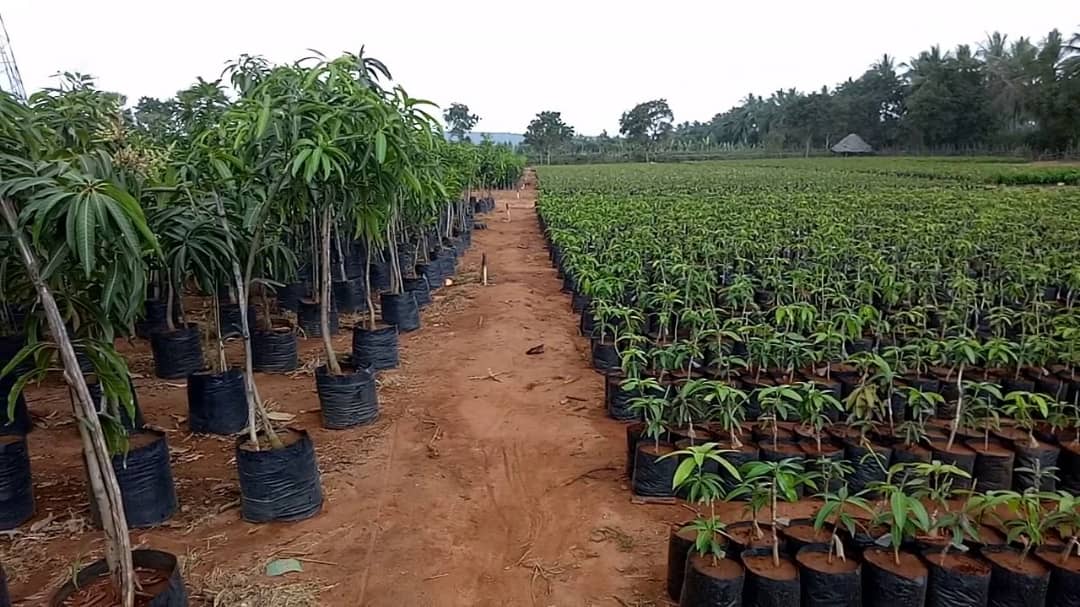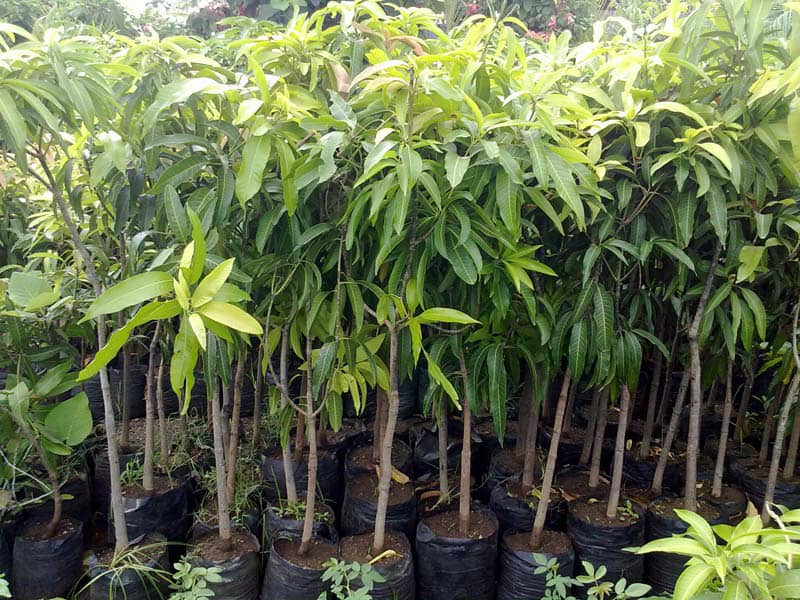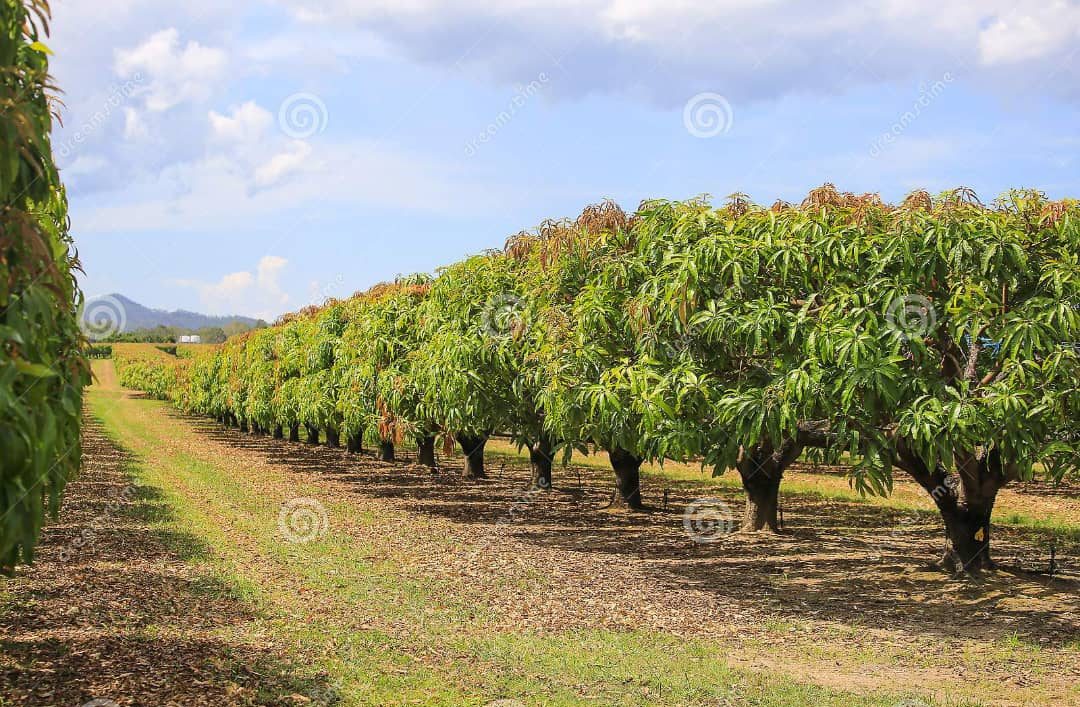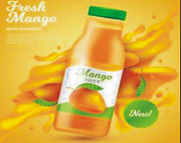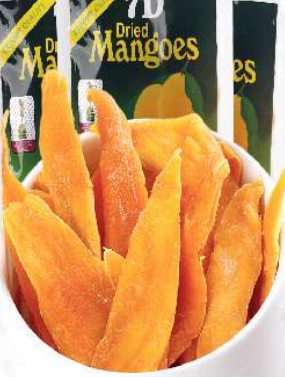The Association is one of the Association formed by the federal government of Nigeria to develop the value chains of Agricultural product with the aim of actualizing the potentials of Agricultural sector of the economy.
The mango plant is undoubtedly in a class of its own, being the only plant with the ability to both serve as cash and food crop that thrives well in Nigerian climactic conditions, soil types and rain fall patterns.
Mango is consumed raw as food, as well as when processed into puree, paste,chips and juice to provide both nutrition or for medical purposes of the body.
Mango production is a multi million dollar business with Nigeria ranking 9th in the world production chart, with up to nine hundred thousand (900,000) tonnes annual production capacity. India ranks first with over two million (2.000.000) annual production capacity.
Nigeria, with its vast and conducive landmass and capable agrarian has the capacity to be the world leader in mangoes production, processing and export.
One hectare of land can at optimal spacing of 5 by 5 metre of land can produce up to four hundred stands, with the potential of generating up to three million and six hundred thousand Naira (₦3.600,000) worth of mango fruits when sold locally at a meagre of thirty Naira(₦30.00)per fruit, and tripple the amount when processed for export, given that one tree can produce three to four hundred (300-400) fruits, that's about two hundred (200)kilograms weight of mango fruit.
The above earning capacity far surpasses that of other Agric-produce (including Rice and Maize) grown over the same land size, not to talk of its soil remediation capability for other shrub crops inter grown between rows and columns.
Our Association plans to develop for a start in the first year, Two hundred hectares of mango orchards in every state of the Federation, cultivating four hundred stands per hectare, eighty thousand (80,000) trees in each state, two million nine hundred and sixty thousand trees across the country translating to five hundred and ninety-two thousand (592 000) tonnes of fruits every year in the first four years of planting. With the required government support and Financing, these figures can be replicated every other year.
This is an investment that can provide direct employment to moderate hundred thousand Nigerians across the value chain and can be multiplied by the number of years of sustained equal Expansion of production.

